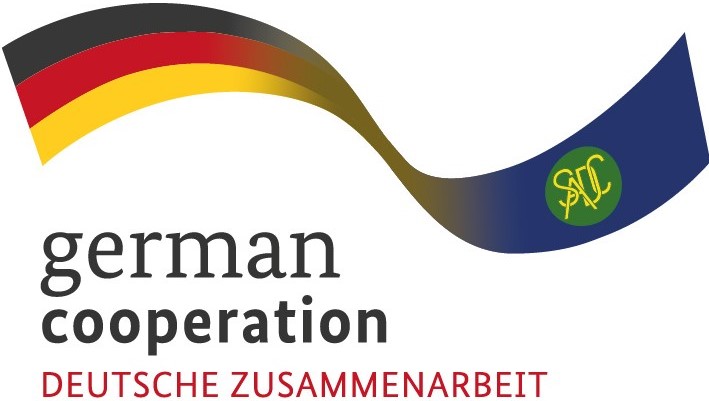 Translate
Translate
Resources
Assessing the contributions of hunting tourism to the South African economy: a post-covid analysis
| Author: | Peet van der Merwe and Andrea Saayman |
| Language: | |
| Topic: | Tourism |
| Type: | Research |
| Last updated: | 1 July 2025 |
This research endeavour, pioneering in its scope, sought to ascertain the collective economic significance of both international and local
hunters in South Africa and, consequently, to delineate the economic impact of the hunting industry in South Africa by examining the post-COVID expenditure patterns of both international and domestic hunting tourists within the country.
Context. Previous research has acknowledged that hunting tourism significantly contributes to South Africa’s economy. The literature review revealed that most of the research in South Africa was conducted before the advent of COVID-19. Aim. This research endeavour, pioneering in its
scope, sought to ascertain the collective economic significance of both international and local hunters in South Africa and, consequently, to delineate the economic impact of the hunting industry in South Africa by examining the post-COVID expenditure patterns of both international and
domestic hunting tourists within the country. Method. A quantitative research approach involving surveys amongst both national and international hunting tourists was adopted. The South African Social Accounting Matrix (SAM) was used in the multiplier analysis. Key results. The result revealed that hunting tourism’s total impact on the South African economy is USD2.5 billion. Hunting represents a production multiplier of 2.97, indicating that for every USD1 spent by hunting tourists, production increases by an additional USD1.97. Agriculture, trade, accommodation, and
personal services are the industry sectors most dependent on hunting tourism. Conclusion. In conclusion, this research determined the collective economic significance of hunting tourism in South Africa. Implications. The implication is that hunting tourism directly and indirectly supports
and expands job creation in rural areas; indirectly, it contributes to conservation initiatives and facilitates job creation in South Africa.










